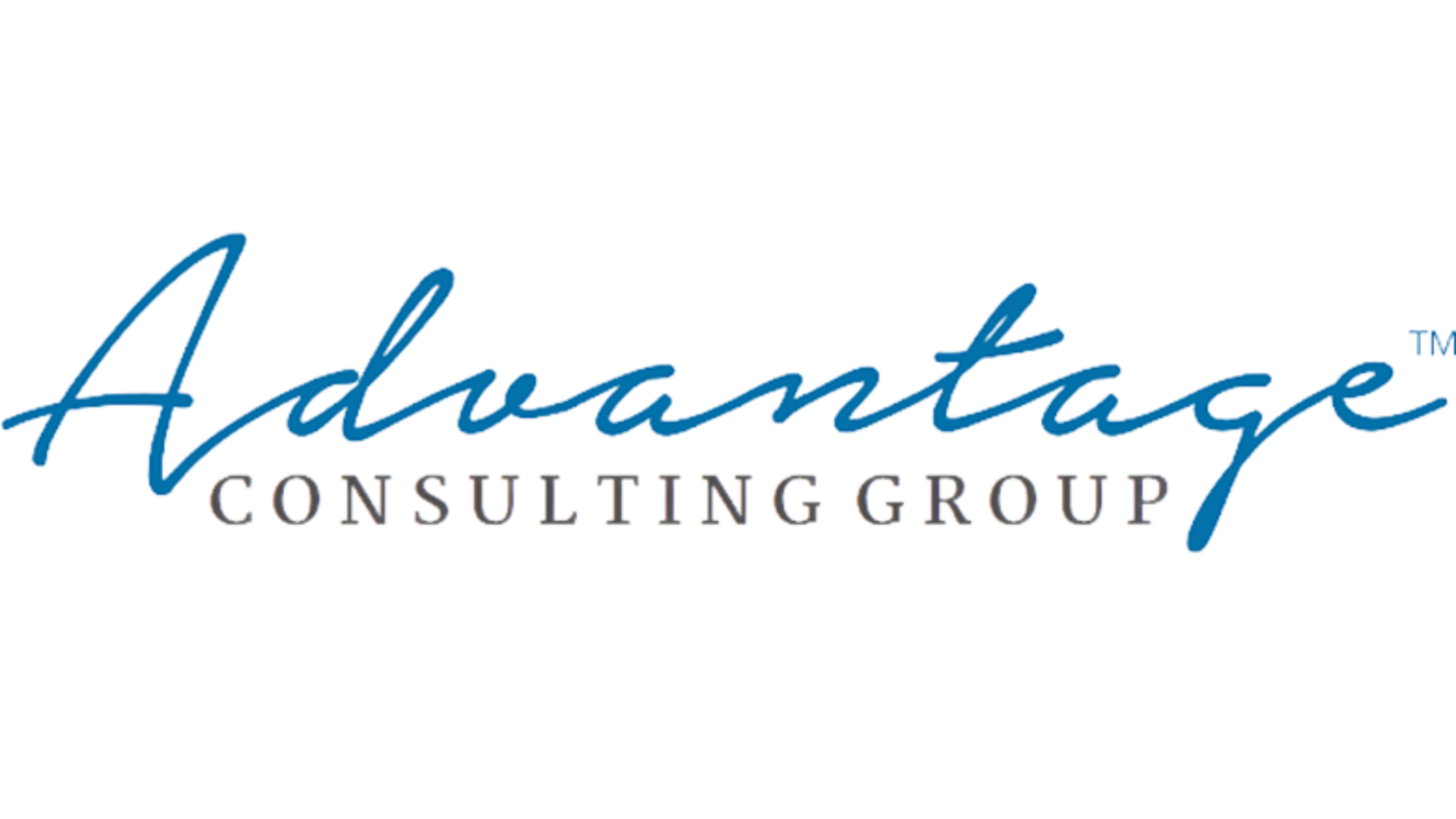Employee referral programs are one of the most effective ways for small companies to attract high-quality talent. When your existing employees recommend someone from their network, they’re vouching for the candidate’s skills and cultural fit, making the hiring process smoother and more efficient. For small businesses with limited recruitment budgets, referral programs offer an affordable and impactful way to grow your team. Here’s how to build a referral program that delivers results while fostering employee engagement.
Why Employee Referral Programs Work
Employee referrals are often the gold standard in hiring. Studies consistently show that referred candidates perform better, stay longer, and integrate more seamlessly into their roles compared to hires from other sources. For small companies, where every hire can significantly impact team dynamics and productivity, leveraging referrals ensures you’re bringing in people who align with your culture and values.
Additionally, referral programs empower employees by involving them in the hiring process, which can boost morale and engagement. When employees feel trusted and valued, they’re more likely to champion your company within their networks.
Define Clear Program Goals and Guidelines
Before launching your referral program, take time to define its goals and structure. Determine what success looks like for your company—whether it’s filling roles faster, reducing recruitment costs, or improving employee retention. Clear objectives will help you design a program that aligns with your needs.
Communicate the program’s guidelines to your employees. Explain which roles are eligible for referrals, how candidates should be referred, and what rewards are offered for successful hires. Clarity is key to encouraging participation and avoiding confusion.
For example, you might require employees to submit referrals through an online form or email. Setting expectations upfront about how referrals will be evaluated and rewarded ensures transparency and fairness.
Offer Meaningful Rewards
To incentivize employees to participate, offer rewards that are both meaningful and attainable. While cash bonuses are popular, small companies can also get creative with non-monetary incentives. Extra paid time off, gift cards, or public recognition can be just as effective, depending on your budget and company culture.
The key is to tie the reward to a successful hire. For instance, you might offer a bonus after the referred candidate completes their probation period. This approach ensures that the program delivers tangible results before the reward is issued.
Additionally, consider scaling rewards based on the level of difficulty in filling the position. Hard-to-fill roles might warrant higher incentives to encourage employees to dig deeper into their networks.
Promote the Program Effectively
Even the best-designed referral program won’t succeed if employees aren’t aware of it. Regularly promote the program through internal communications, team meetings, and email newsletters. Highlighting success stories—such as a recent hire who came through a referral—can motivate others to participate.
Create simple, easy-to-share materials that employees can use to spread the word about job openings. These might include pre-written social media posts, job descriptions, or referral program FAQs. The easier you make it for employees to share opportunities, the more likely they are to engage with the program.
Streamline the Referral Process
A cumbersome or confusing referral process can discourage employees from participating. Keep the process simple and user-friendly, ensuring employees can easily submit referrals and track their status.
Use technology to your advantage. Even basic tools like Google Forms or email templates can streamline the process. For a more robust solution, consider investing in referral software that automates tracking, notifications, and reward distribution.
Transparency is critical. Regularly update employees on the status of their referrals, and provide feedback if a candidate isn’t selected. Closing the loop shows that you value their contributions and keeps them engaged in the program.
Emphasize Culture Fit in Referrals
For small companies, hiring for cultural fit is just as important, if not more so, than hiring for technical skills. Encourage employees to refer candidates who align with your company’s mission, values, and work environment.
To help employees identify good matches, share examples of what makes someone a great cultural fit for your team. Providing clear guidance ensures that referrals are more likely to succeed and strengthens your company culture as you grow.
Monitor and Optimize the Program
Once your referral program is up and running, track its performance to ensure it’s meeting your goals. Metrics to monitor include the number of referrals received, the percentage of referrals that result in hires, and the retention rate of referred employees.
Gather feedback from employees about their experience with the program. Are they satisfied with the referral process? Do they feel the rewards are fair and motivating? Use their input to make improvements and keep the program relevant.
Foster a Culture of Referrals
Ultimately, the most successful referral programs are those that integrate seamlessly into your company culture. Create an environment where employees feel empowered to share job opportunities with their networks because they believe in your company and its mission.
Celebrate referrals and hires publicly to reinforce the program’s importance. Whether it’s a shout-out during team meetings or a post on your internal communication platform, acknowledging employees’ contributions fosters pride and motivates others to participate.
Building a Successful Referral Program for Your Small Business
Employee referral programs are a cost-effective and impactful way for small companies to attract top talent. By defining clear goals, offering meaningful rewards, and streamlining the process, you can create a program that engages your team and delivers measurable results.
For additional support in building a comprehensive recruitment strategy, Advantage Consulting Group offers expert solutions tailored to small businesses. Visit Advantage Consulting Group to learn how we can help you attract and retain the best talent for your growing team.


